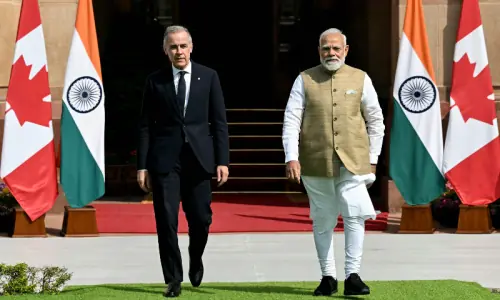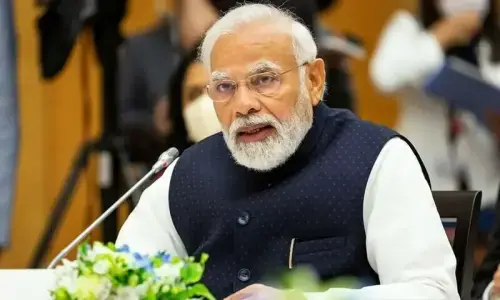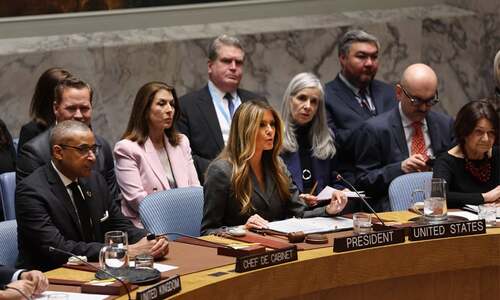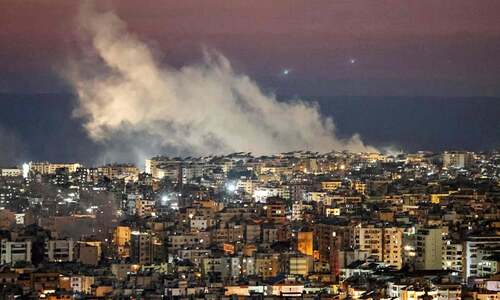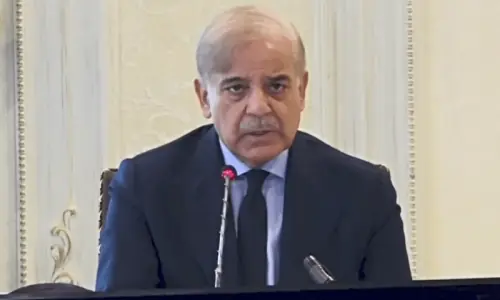DHAKA: A Bangladesh special court Wednesday sentenced an elderly former minister to life in prison on Wednesday for genocide during the 1971 war of independence against Pakistan.
Abdul Alim, 83, who was a minister when the current main opposition party was in power, was found guilty of nine charges including genocide, murder and persecution of the country's minority Hindus during the war, a senior official said.
The International Crimes Tribunal spared the wheelchair-bound Alim the death penalty, despite the gravity of the crimes, because of his poor health and age, Attorney General Mahbubey Alam told reporters.
“He will remain in the prison until his death,” Alam said, adding that he was convicted of involvement in the killing of 372 Hindus in one of the worst single acts of murder during the war.
Prosecutors said Alim killed around 600 people in total, mostly Hindus, in the northwestern district of Joypurhat where he was a local head of a pro-Pakistani militia called Razakar Bahini.
“He took the Pakistani soldiers to the Koroi Kadipur village during the war and then ordered 372 Hindus to stand in two lines,” prosecutor Rana Das Gupta told AFP, just before the verdict.
“One of their elders was first slaughtered and others were then shot to death,” Gupta said.
Alim was the eighth person to be convicted and sentenced by the much-criticised tribunal since January. Previous verdicts against top Islamists and opposition leaders have triggered widespread violence and nationwide strikes, leaving at least 100 people dead.
Alim had been a member of parliament for three terms, and a cabinet minister in the 1970s under a government led by the Bangladesh Nationalist Party (BNP).
The BNP, now the main opposition party, has said the trials are politically motivated, aimed at targeting key opposition figures rather than meting out justice.
Bangladesh has struggled to come to terms with its violent birth, when what was then East Pakistan split from Islamabad to become independent.
The war lasted nine months during which Indian troops and pro-independence fighters battled Pakistani forces who were helped by local collaborators.
The government set up the tribunal in 2010, saying trials were needed to heal the wounds of the war. It says three million people were killed and 200,000 women raped, but independent estimates put the toll at between 300,000 and 500,000.
Unlike other war crime courts, the Bangladesh tribunal is not endorsed by the United Nations, and New York-based Human Rights Watch group has said its procedures fall short of international standards.


